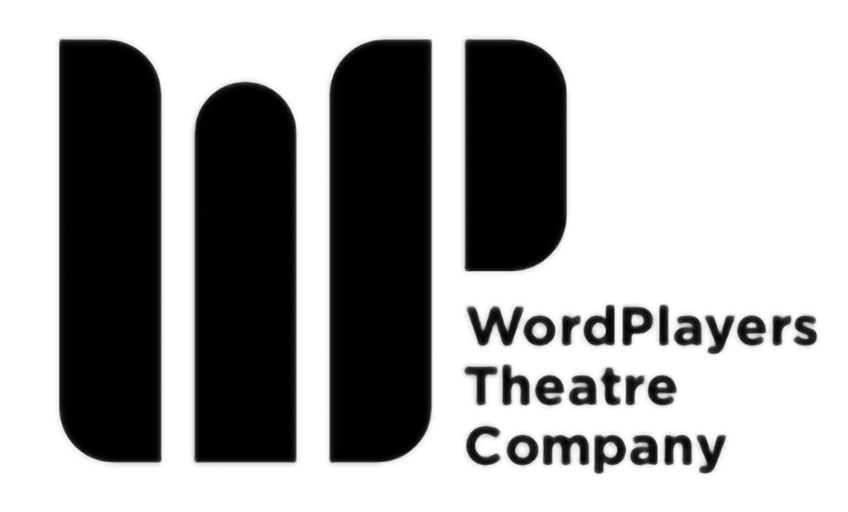By Ethan Norman
Perhaps the two things that stick out to me most about Walk, Don’t Ride! and the process of learning, enacting, and teaching this small part of the civil rights movement, are the importance of forgiveness, and our individual responsibility.
Forgiveness has proven to be a vital foundation for change. We see in the civil rights movement, in the message of Dr. King, that the teachings of Jesus are every bit as vital to life as it is meant to be as Christ himself told us. I remember an image from our research, of a young African American man in Nashville during the “sit ins” with a sign that said “Let’s break bread together.” Together. It would have seemed right to most of us, if his sign read “give me back my bread”, or “stop holding me down.” Instead he invites those who have oppressed him, treated him wrongfully, even hatefully, to join him in living together as we should. An enemy cannot become something other than an enemy if I do not forgive what made him an enemy. For this, I have no words appropriate for the respect deserving of the young men and women of our country who chose nonviolence, and even forgiveness, as a road to change. That, is truly difficult.
I remember a young middle-schooler who, seemingly at the prompting of his friends, asked what he thought was a silly question after our performance: “Does racism still exist?” The federal government chose to enforce, with a little more emphasis, the laws that protected each citizen regardless of race, in response to the civil rights movement. The motive does not matter, because we cannot hold the government responsible for the way we choose to treat one another. Even more, if I do not love my neighbor, I cannot expect the government to do so. Each of us as citizens of this planet, are responsible for the way we treat one another. Those of us who claim citizenship in the Kingdom of God, especially must take personally the responsibility to love our neighbor.
The examples that were set for us, by those in the movement then and now, can encourage us in even the seemingly small things; like speaking kindly and openly with our neighbor, no matter who they are or what they look like. To take care of widows and orphans in their need, and stand in defense of those who cannot defend themselves. Not because they are white, or black, but because they are our neighbor.
